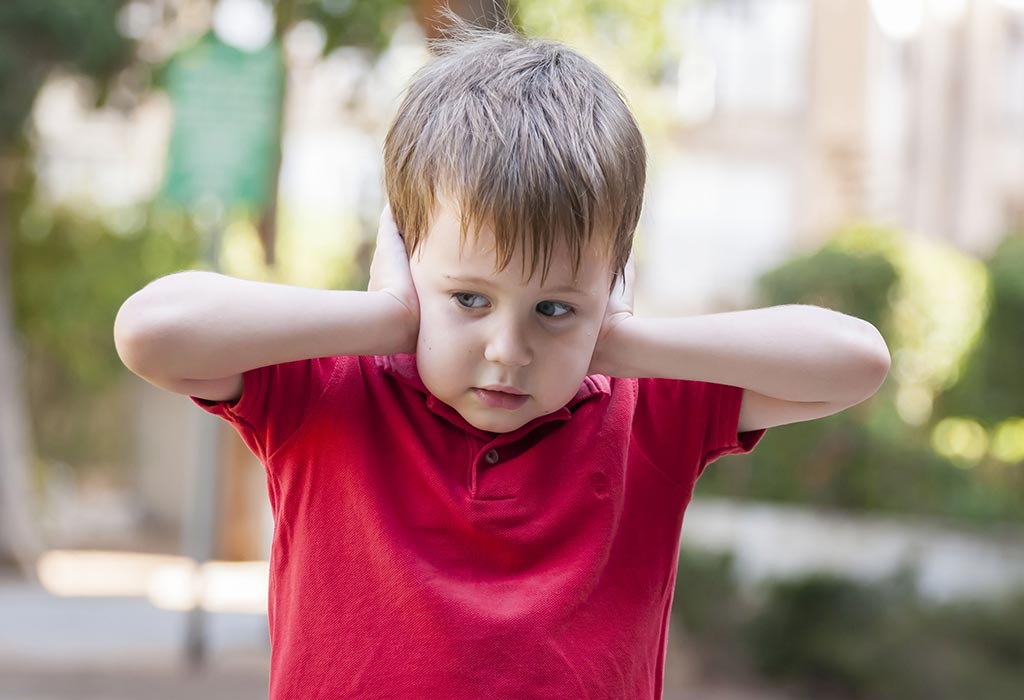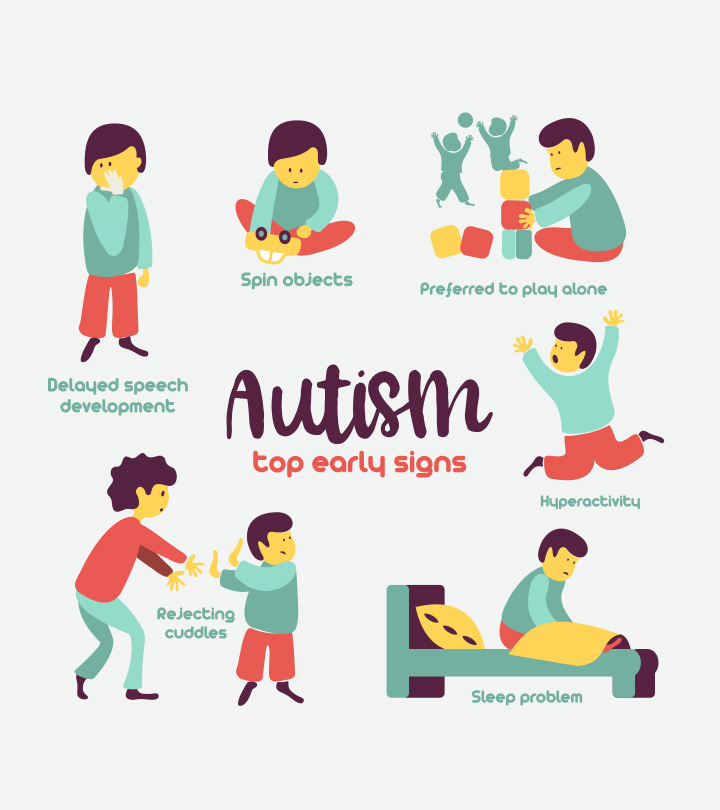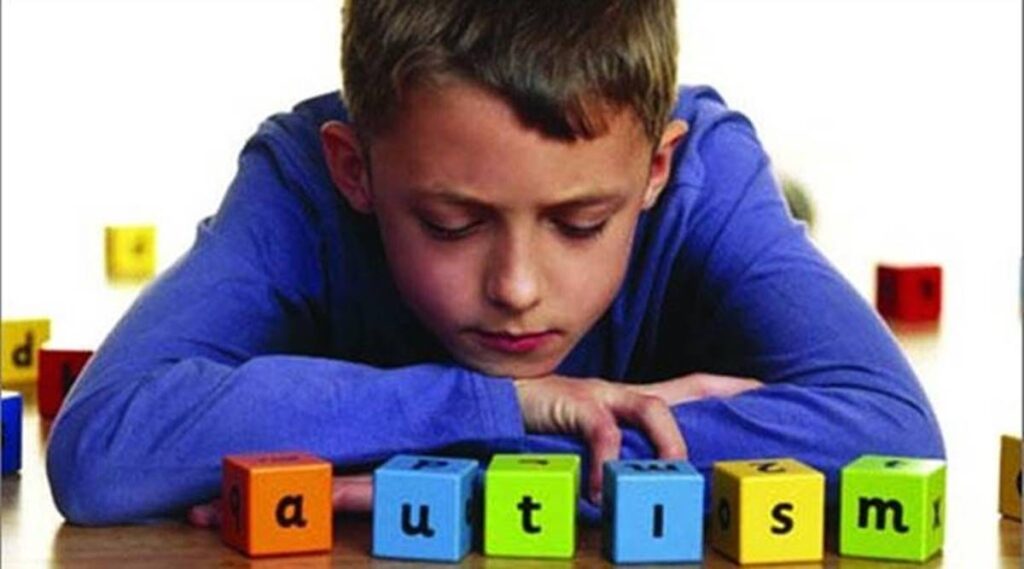Understanding Autism – Signs, Symptoms and Functions
Feature Articles, Health & Welfare, Psychology, Social & Youth development,

There is a huge impact on the way autism and other disabilities are portrayed in movies to the audience. Therefore correct information should be conveyed to the audience for a better understanding of autism. People who are neurotypical or do not have disabilities, and who watch representations of autistic people in movies gain knowledge from the messages presented. Due to this, inaccurate portrayals of people with disabilities like autism in movies are a serious problem. Inadequate education results in stigmatisation. Thus a disabled individual is judged, misrepresented, or discriminated against. Thus, it is not acceptable to tolerate mischaracterization.
Understanding Autism

Credits:https://bit.ly/3RPw2gK
ASD includes behavioural difficulties and a narrow range of activities. ASD sufferers can exhibit a wide range of behavioural and psychological symptoms. From an inability to form healthy relationships with peers to a delay in or complete absence of communicative language. For those who do speak, there may be a delay in their ability to carry on a conversation with others. Consequently, they may have a monotonous use of language. Angry outbursts, impulsive behaviour, aggression, hyperactivity, lack of focus, and short attention span are additional signs of autism.
The growth of social and communication abilities is encouraged and the behaviours that hinder functioning are minimized. This is via evidence-based autism treatment. A person with autism may be better able to learn, communicate or participate in society. They may reach their full potential with intensive, ongoing, evidence-based treatment.
Causes of Autism
The cause of autism spectrum disorder is unknown. There are probably numerous causes given the disorder’s complexity and the fact that the severity of symptoms varies. Environment and genetic factors might both be important. Hence, it’s important in understanding autism disorder.
Understanding autism in an Environmental factors
Currently, researchers are examining whether environmental toxins, drugs, pregnancy difficulties, and virus infections can cause autism spectrum syndrome.
Understanding Autism in Genetics factors
Autism spectrum disorder is influenced by a variety of genes. Autism spectrum disorder may become more likely for other kids as a result of genetic changes. However, other genes might influence how the brain develops or how a neuron in the brain communicates, or they might control how severe the symptoms are. Some genetic changes appear to be hereditary, whereas others happen on their own.
Signs of Autism

Credits:https://bit.ly/3BHLNki
Early signs of autism spectrum disorder include minimal eye contact, a lack of responsiveness to their name, or a lack of interest in family members. Other children might grow normally during the first few years or months of life, but then they suddenly sharp shift into introverted, hostile, or lose their acquired language skills. Typically, signs appear by the age of two, thus you should have a better understanding of autism disorder.
Since autism spectrum disorders range in severity from low functioning to high functioning. An autistic child is likely to exhibit a distinct behavioural pattern. A few children with autism spectrum condition struggle to learn, and some show evidence of being less intelligent than average. Other affected children are intelligent, with normal to high IQs. They pick up information rapidly but struggle with social interaction, communication, and application of knowledge.
The Function of Behavior
Finding the “why” underlying any conduct is the function of behaviour. The first step taken by ABA Applied behavioural analysis, therapists are to identify the causes of your child’s behaviour. The therapist can strive to assist the child respond more correctly if they are aware of what motivates the child’s particular behaviour.
The first step in changing any negative behaviours is to comprehend “why” it occurs. This helps you in understanding autism. Once the purpose of the behaviour is determined, an ABA therapist will correct it. This is by interfering directly in the behaviour and by attempting to teach better behaviour to take its place.
Diagnosis
Autism Spectrum Disorder is a clinical diagnosis that is often given by a doctor based on behavior that has been recorded and directly witnessed in the affected person. The DSM-5-TR’s updated diagnostic criteria state that individuals with autism spectrum disorder must have limited, repetitive patterns of behaviour, interests, or activities and chronic difficulties in social communication and social interaction in order to be diagnosed. These behaviours must start in childhood and have an impact on an individual’s capacity to carry out daily chores,additionally, neither a global developmental delay nor an intellectual developmental abnormality must entirely explain the symptoms
Issues in Social and Communication skills

Credits:https://bit.ly/3Ub7eS6
For those with autism, social skill impairments offer several difficulties. Lack of social skills can cause issues with friendships, everyday life, and career advancement. One research study that consequently looked at autistic adults discovered that they were less likely to get married than the general population. It is unclear if this result was brought on by social skill deficiencies, intellectual disability, or some other factor.
There may be a variety of cultural reciprocity issues, which affect a person’s innate capacity for social engagement. People with autism may not share interests with anyone else, for instance, many autistic youngsters avoid playtime and social interactions. They may not be aware of or comprehend the thoughts or feelings of others therefore understanding autism disorder is very important.
Treatment
Autism spectrum disorder has no known cause or treatment that works for everyone. The aim of treatment is to improve your child’s functioning. This is by minimising the symptoms of autism spectrum disorder and fostering growth and learning.
Your child’s requirements may change over time, and the variety of home- and school-based therapies and treatments for autism spectrum condition can be bewildering. Likewise, your doctor might offer suggestions and direct you to the right treatment.
Conclusion
The majority of children with autism spectrum syndrome will still need some form of help resultantly they normally continue to learn and make adjustments as they go through life. This process can go more smoothly if you plan ahead for your child’s options in the future, including employment, higher education, living arrangements, independence, and the support services they’ll need. Therefore one needs to have a better understanding of autism in order to help the child.
References- https://bit.ly/3RPw2gK
https://bit.ly/3BHLNki
https://bit.ly/3Ub7eS6
https://mayocl.in/3S4JEEP
Tags: autism, Autism spectrum disorder, causes, symptoms, Treatment,









